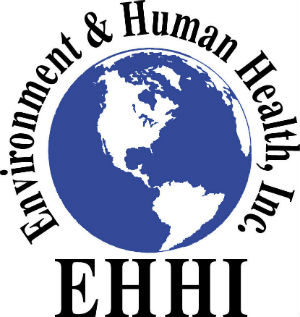Pesticides in Drinking Water Wells: Press Release
Environment and Human Health, Inc. (EHHI) reports on pesticides in private drinking wells in A Survey of Private Drinking Water Wells for Lawn and Tree Care Pesticides. The report shows that lawn and tree care pesticides are capable of filtering down through the soil and entering residential drinking water wells, even deep wells. EHHI study of private drinking water wells demonstrates that further testing of private wells is needed and that greater protection of drinking water supplies from pesticides is indicated. Approximately 500,000 people in Connecticut get their drinking water from private residential wells which remain largely untested for pesticides. Studies in California,Texas, Florida, the Midwest, and Connecticut have demonstrated contamination of groundwater by pesticides in agricultural use, but very little data exist on the effects of lawn and tree care pesticides on private wells. The preface to the second edition of the report notes that the months in which well water is collected and sampled is very important, as lawn and tree care pesticides are applied in the spring and
early summer and the majority of applications stop by late summer. Environment & Human Health, Inc. (EHHI), in conjunction with the Connecticut Agricultural Experiment Station and the Quinnipiack Valley Health District, conducted a survey of 53 private residential wells in the town of Woodbridge, Connecticut in June, 1998. Six of the wells, or 11 percent, were found to contain traces of seven pesticides. Five of the six wells contained more than one pesticide, with one well having five pesticides. These results indicate that lawn and tree care pesticides are capable of filtering down through the soil and entering residential drinking water wells, even deep wells. This study demonstrates that further testing of private wells is needed and that greater protection of drinking water supplies from pesticides is indicated. 
